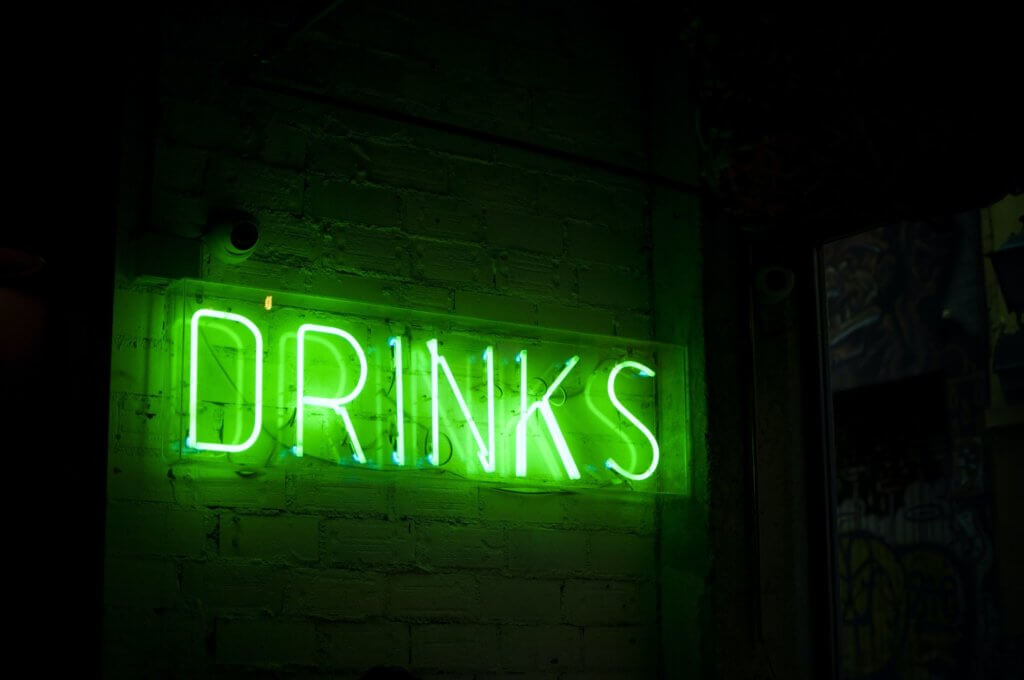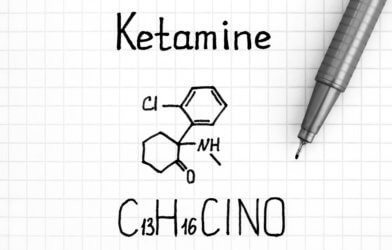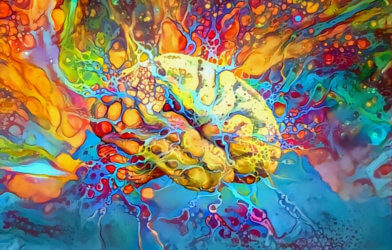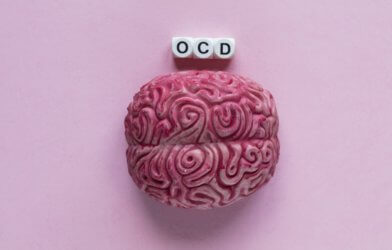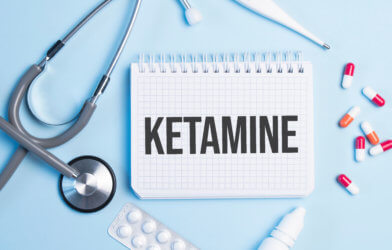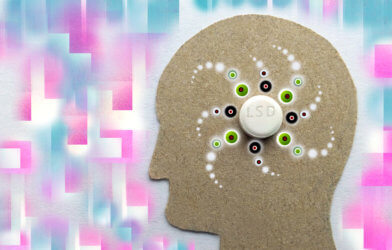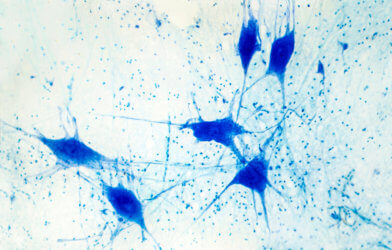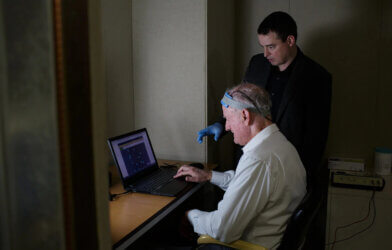Alcohol Use Disorder (AUD) affects nearly 290 million people worldwide. A staggering 95 million people die each year from immoderate alcohol use in America alone. Alcohol-related deaths account for more than 5% of all deaths universally.
Preclinical experiments with new psychedelic drugs aimed at lowering alcohol use are underway at Psilera. The biotechnology company based out of Florida is working with researchers at the University of South Florida (USF) to implement the first human clinical trials of these chemicals that have yet to be approved by the FDA. The composition of the drugs was influenced by psychedelics, with the intent to help people with AUD.
Additionally, the study will include the use of the psilocybin compound mimic psilacetin (“4-AcO-DMT”), which has been shown in a previous trial to have similar effects in humans as psychedelics. This compound has also proven to help reduce human dependency of opioids and nicotine.
Although not widely known, psychedelics have been used to treat alcoholism since the 1950s. Bill Wilson, the co-founder of Alcoholics Anonymous (AA), believed LSD could give alcoholics incentive to lead healthier, non-addictive lives by visualizing a better outcome during hallucinations. He stated “I am certain that the LSD experiment has helped me very much. I find myself with a heightened colour perception and an appreciation of beauty almost destroyed by my years of depression.”
In the early 1950s, researchers in Canada conducted a clinical human trial to test the effect of LSD on alcoholism. Initial studies revealed outstanding levels of abstinence among alcoholics given LSD. The town government, local chapters of AA, and the Bureau of Alcoholism all backed the method, collaborating in a public awareness campaign in support of LSD therapies.
However, the Addictions Research Foundation did not support psychedelic therapy. LSD was completely understudied and untested at the time, and its use failed to satisfy proper medical techniques of treatment. By the 1960s, LSD had become well known as a recreational drug, giving rise to its mind-altering power, rather than its potential to treat certain addictions.
“The growing prevalence of alcohol use disorder, especially in conjunction with the pandemic, needs to be addressed as the current methods of treatment are outdated and insufficient. We consider this an important step towards our understanding of psychedelic and psychedelic-inspired compounds, and their potential as future medicines in the field of addiction,” said Dr. Jackie von Salm, co-founder and CSO of Psilera Inc.
